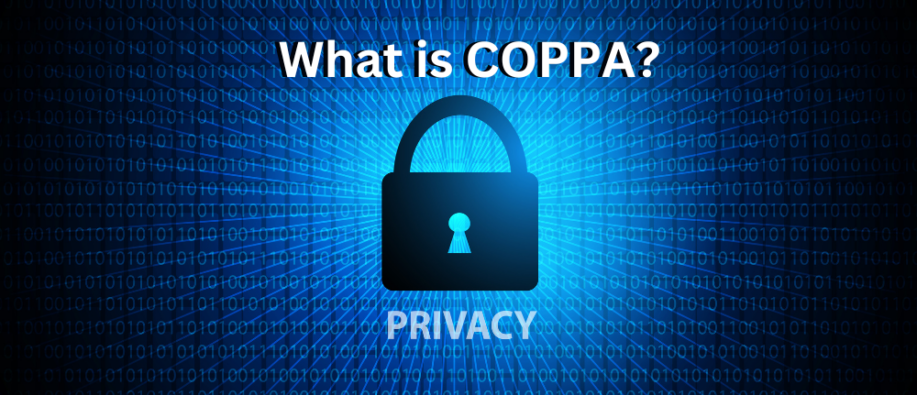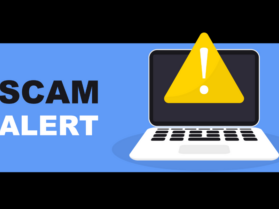It's no wonder that today's kids are addicted to gadgets, smartphones, and, in a nutshell, to the online world. The internet has completely transformed everyone from small children to older people; one thing regarding children is protecting their privacy.
This is where the Children Online Privacy Protection Act (COPPA) comes into view. COPPA safeguards children's online privacy and restricts companies from collecting personal information under 13. The Act came into effect due to increased awareness of child-targeting Internet marketing strategies that gather children's personal data from websites without notifying parents.
In this blog, we will explore everything related to COPPA. Keep reading till the end!
What is COPPA?
COPPA stands for Children's Online Privacy Protection Act of 1998. As per the COPPA compliance, COPPA aims to safeguard children's online privacy by putting parental control over their personal information. The law was put into effect by the Federal Trade Commission (FTC) and applies to online services and commercial websites.
This includes mobile applications that collect or use the personal information of children under 13. COPPA is an ideal protocol that all parents should abide by.
Knowing the Privacy Rights Covered Under COPPA
The following privacy rights for children are covered under COPPA:
- The right to know what kind of personal information is collected.
- The right to deny sharing personal information while browsing a website or app.
- The right to come out of the collection of personal information.
More About the COPPA
COPPA protects children's online privacy, especially those under 13. While playing games online, accessing websites, etc., children may share their personal information, which becomes an entry point for security issues. The US Federal Trade Commission (FTC) forces companies to comply with the law.
COPPA was incorporated as children's personal information is more sensitive than that of adults, and they may have difficulty knowing about the consequences caused by personal data online.
The Children's Online Privacy Protection Act:
As discussed above, the COPPA complaint applies to children under 13 and all US businesses. This law should also be followed by businesses in foreign countries.
COPPA is applicable in the following scenarios:
- Applies to websites or online services directed at children under 13.
- Governs online advertising practices targeting children under 13.
- You're running services within the US.
- You're operating a business under US territory.
Stay in the Know with COPPA Compliant with this Checklist
Here's all you need to know about the COPPA-compliant checklist.
Notify Parents
COPPA requires all online services that collect information from children to notify their parents before collecting any data. If your company's practices change, you should inform the kids' parents.
Get Consent from Parents
Getting consent is one of the safer ways for businesses to operate digitally. Before gathering information from children, you must have parental consent through different methods, such as a form, video call, or email confirmation.
Provide Clear Privacy Notices
Under the COPPA complaint, website owners should offer a clear and precise privacy policy that mentions all the details about the data collected from the users and about children's information. The policy must be easy to understand for the parents, allowing them to make well-informed decisions about their children's online activities.
Restricting Data Collection
COPPA implies strict limitations on the personal information that companies collect from children. Unnecessary information to participate in a particular service is prohibited. This restriction helps to reduce the risk of unauthorized access to children's personal information. Say your children sign up for a game. The company should collect the information only required for the service.
Implementing Security Measures
COPPA requires companies to implement top-notch measures to safeguard their online privacy, integrity, and confidentiality of personal information collected from children. This mainly includes taking all the responsible steps to prevent unauthorized access.
Conclusion
The online privacy of your children is not an option but a must. One crucial piece of legislation to keep children under 13 secure is the Children's Online Privacy Protection Act (COPPA). It imposes restrictions on online service providers and on the collection of personal information of children. To stay updated on more online security topics, head to our blogs now.
Also Read: How Can Social Media Users Manage Their Privacy Settings Effectively?





